Best international schools in Japan – that will be the topic of today’s article.
Before introducing this article, if you are interested in our core services which are expat financial, insurance and mortgages, you can contact me here.
The best time to consider your financial situation is when you are moving to a new country.
Introduction
Japan is a very beautiful Asian country with an incredible history and culture, a developed economy, and a high standard of living. Thanks to quality medicine and healthy eating, Japanese citizens live the longest in the world (85 years on average). For example, on the famous island of Okinawa, there are over 400 registered people over the age of one hundred years.
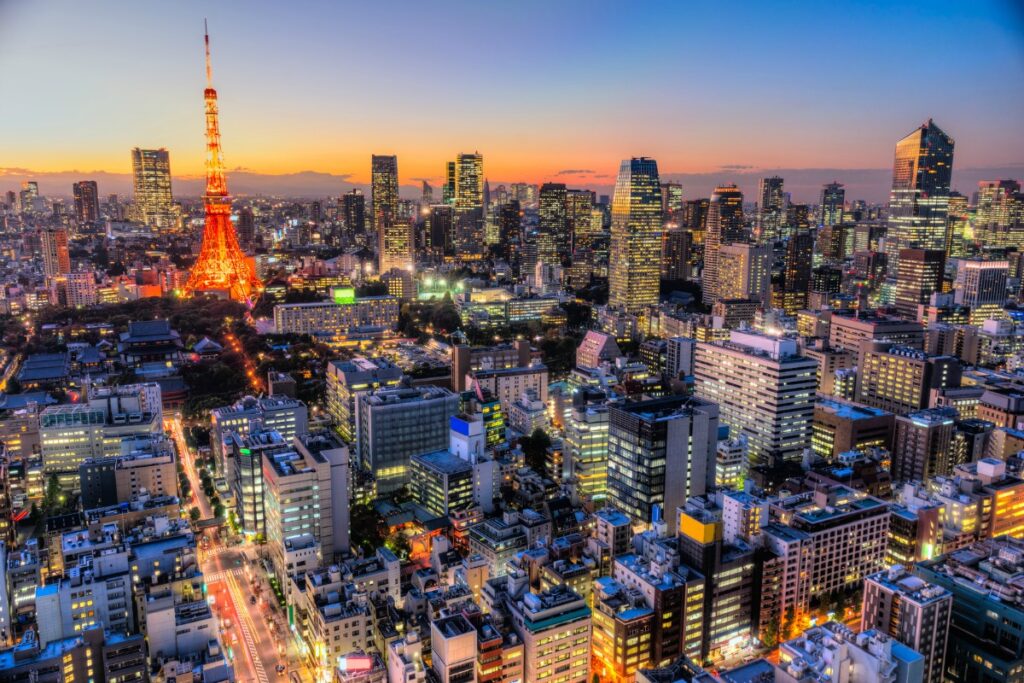
The population of Japan is about 127 million people. Unlike many Western European countries, the share of foreign residents is only 1.6%. These are mainly Koreans, Chinese, and representatives of some other peoples of Asia. We will talk further about the prices and cost of living, taxes, demanded professions, salaries, education, medicine, the pros and cons of living in Japan in 2021.
Pros and cons of living in Japan
Today, more than 20% of Japan’s residents are over 65 years old, and the birth rate in the country has reached record lows. According to the forecast of the Ministry of Health of Japan, by 2060 the population of the state will fall by more than 40 million people.
Already, Japan has the highest labor shortage in 40 years. All these factors are likely to contribute to the influx in the coming years of a large number of immigrants, including Europeans. Let’s highlight the positive and negative aspects of living in Japanese territory.
The pros of living in Japan
- The Land of the Rising Sun has many cultural features and colorful traditions, fascinating architecture and picturesque nature. For example, the former Japanese capital Kyoto is deservedly considered one of the most beautiful cities in the world.
- According to the report “Global Peace Index”, Japan is among the top 10 safest countries on the planet.
- The ideal infrastructure, transparent legal system and absence of corruption create optimal conditions for the effective functioning of business in Japan, including profitable investment.
- Quality medicine and a top-class education system.
- Japanese food is not only delicious but also healthy, and the local restaurants and cafes have some of the best service in the world.
- Japan’s transportation infrastructure, including buses, trains and subways, operates like clockwork – fast, reliable and convenient.
- Japan has a good environment and all conditions for a comfortable life have been created.
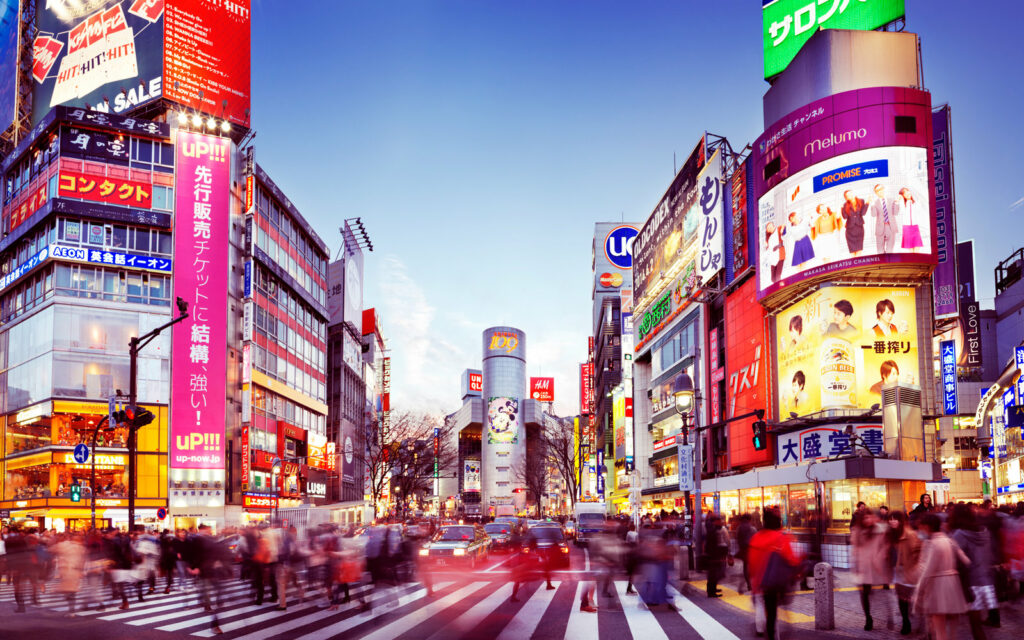
The cons of living in Japan
- Many experts include Japan in the list of the ten most expensive countries in the world to live in.
- Japan is a very closed state, which is extremely wary of immigrants.
- Learning Japanese is very difficult.
- It is a known fact that the Japanese work hard. Not every foreigner is able to keep up with the work schedule in Japan.
- Natural disasters are frequent in Japan, including devastating earthquakes and tsunamis.
- Overpopulation and small living space.
- The European will never fit in 100% of the local society and will not become one of their own in Japan.
Education in Japan
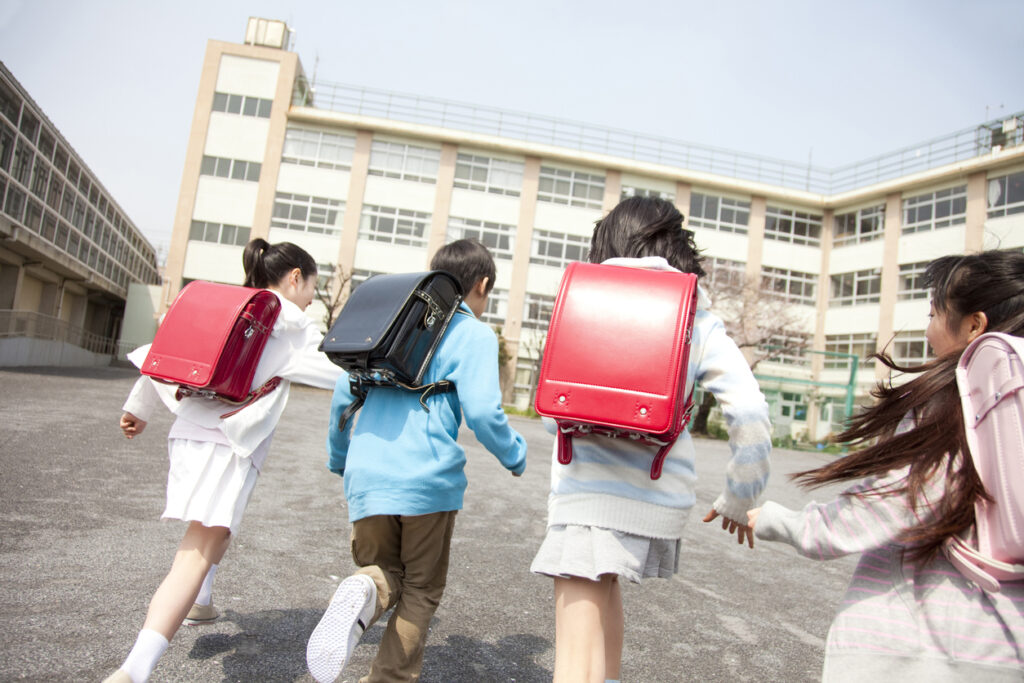
Studying in Japan is a combination of tradition and modernity. Tokyo is one of the largest cities in the world: by signing up for the Japanese course, you will find yourself in the heart of it.
Study programs in Japan combine language courses with cultural activities and tourist travel, leaving you with plenty of free time. Studying in Japan lays a solid foundation for further improvement of the language, allows you to learn it in a natural environment through direct contact with native speakers.
Studying in Japan leaves enough time to immerse yourself in exotic island culture and life, for example, in the case of living with a Japanese family, visiting tourist places, traveling around the country with a high level of personal safety for foreigners.
Unlike many other Asian countries, the adaptation period for newcomers to Japan does not last long and is usually painless. International students who choose to study in Tokyo are delighted with the style, cleanliness and order in public places.
Whether it’s studying in Japan on an exchange or studying in Tokyo at the modern school, the process is suitable for anyone who wants to plunge into the life of a densely populated Japanese metropolis, get rid of stereotypes, touch a centuries-old culture, and, most importantly, gain valuable knowledge that will be useful even far away, outside the Land of the Rising Sun.
Every child is entitled to free education in Japan under the age of fifteen, whether he or she is Japanese or not. As a foreigner to get an education for your child in Japan only your expenses will be exactly the same as any Japanese parent, for example, for textbooks, school uniforms, etc.
You might prefer to enroll your child in one of the international schools to be found in Tokyo, where classes are taught in both English and Japanese. This can be an expensive option but is perhaps preferable to an entirely Japanese learning environment. Having said that, children will learn Japanese much faster and easier than their parents.
Below we will review the most popular international schools in Japan and give a short review of them, in order to make it easier for you to orientate in further decisions for your kids.
Japan is home to many international schools offering first-class education and many different curricula to choose from. International schools are popular with expatriate parents, bicultural families with an expatriate parent, Japanese parents with an international mindset, and parents of children with special educational needs.
Why choose an international school in Japan?

Finding the right school for your child is one of the main challenges for many foreign families when moving to a new country or city, and they can be sure to find a wide variety of private international schools to their liking. These schools usually offer a variety of study programs, the most popular of which are British, American, and International Baccalaureate.
Japan offers expat families life in an amazing country that combines modern and exciting cities like Tokyo and Osaka with the historic and traditional rural landscapes of places like Kyoto and Matsumoto.
The population of Japan is estimated at about 127 million. Currently, there are about 2 million expats living in Japan, of which approximately 75% are from neighboring Asian countries.
Economy
Japan is the third-largest national economy in the world after the United States and China in terms of nominal GDP and the fourth-largest national economy in the world after the United States, China, and India in purchasing power parity.
Language
Public and private schools generally require students to attend Japanese language classes as well as English courses.
Climate
Japan’s climate is predominantly temperate but varies greatly from north to south. Geographical features of Japan divide it into six main climatic zones: Hokkaido, Sea of Japan, Central Highlands, Seto Inland Sea, Pacific Ocean, and the Ryukyu Islands.
Below we will review some of the best and schools in Japan, which can be a great option for your kids.
The American School in Japan (ASIJ)
ASIJ offers American-style preparatory education for children from international families. The American School in Japan (ASIJ) is an independent, coeducational day school serving students of all nationalities. Founded in 1902, ASIJ offers American-style preparatory education for international children, including those in temporary jobs, and families who make Tokyo their permanent home.
The school offers a standards-based curriculum culminating in an American high school diploma. The ASIJ program develops the necessary skills for the student to be successful in their future academic endeavors, including Advanced Placement courses and other courses on advanced topics.
To complement its academic curriculum, ASIJ encourages students to participate in a wide range of collaborative activities, including visual arts, athletics, and service-related clubs, which they believe contribute to the development of the entire child.
ASIJ also draws on its unique presence in Japan, including linguistic and cultural studies dedicated to its host country. ASIJ is accredited by the Western Association of Schools and Colleges (WASC) and is a member of the National Association of Independent Schools (NAIS).
AOBA – Japan International School

Aoba International School, founded in 1976, received accreditation in the CIS countries and NEASC in 1997. In 1998, she merged with the Japan International School.
In the fall of 2011, Aoba expanded the secondary section to include grades 9 through 12. In 2013, Business Breakthrough Pty,. OOO., (BBT) acquired Aoba with a lifelong learning vision from kindergarten to graduate school and beyond.
Since in 2015, Aoba became an IB worldwide school, consisting of an elementary section (PYP K2 to 5th grade) and a middle section with MYP (grades 6 to 10), and a high school (grades 11 to 12). Aoba has now developed a Global Leadership Diploma to enable their senior students to follow their passion.
They will continue to be a leading international school, providing students with a meaningful international education in a safe and supportive environment. They will provide support for learners’ needs, attitudes, and respect, and assessment and development of their unique qualities.
Through an ongoing focus on educational excellence and innovation, each individual student will be provided with the appropriate resources and opportunities to enable them to get the best out of their future.
Aoba’s students come from all over the world. This includes, but is not limited to, Japan, Australia, United Kingdom, Canada, China, Korea, Vietnam, Malaysia, New Zealand, Mexico, Oman, Peru, Sweden, United Arab Emirates, and the United States of America.
At Aoba, intercultural learning plays an important role in the development of global leaders. Applying a developmental approach, their students go through stages of learning that begin with developing self-awareness as a basis for understanding how to communicate with others. The students are encouraged to be open, reflective, and caring as they explore new perspectives and different cultures.
AXIS International School
Axis International School was founded in 2003 as a joint venture between Yugen Kaisha Mahr Corporation and a Japanese partner looking for a good international school in western Tokyo to send their children. The school was opened under the Home Study International program from Maryland, USA.
The goal of Axis International is to provide a good education to any child who would like to receive an international education and show aptitude for it. In 2003, it was very difficult for a Japanese student to get into a good international school.
On the western side of Tokyo, choices were even more limited, and it felt like a new school could be opened in the Kichijouji area.
They chose Home Study International, a program designed for the children of the missionaries of the Seventh-day Adventist Church. They had over a century of experience. Also, they had no intention of reinventing the wheel, so they used their program first.
The Bible is a core curriculum subject and an integral part of a values-based curriculum. Bible study also teaches children to choose between good and evil. As they get older, they need to think about life matters. These issues have an important impact on peoples’ lives, and without their consideration, any education will be incomplete.
To ensure effective interaction between teacher and students, as well as to implement a truly holistic approach, they have adopted the maximum ratio: one teacher to eight students. This ensures that each teacher and student can interact on a daily basis as needed.
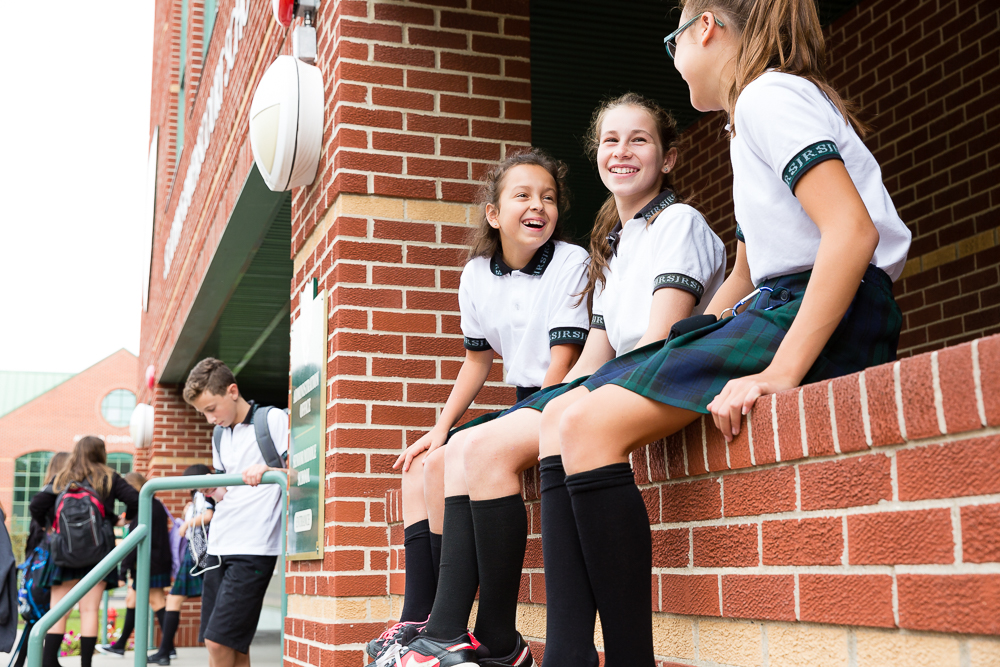
BST – British School in Tokyo
British School Tokyo was founded as a charitable foundation in 1988 by a group of parents who wanted their children to receive a British-style education in Tokyo. The school was opened in 1989 in Shibuya, in the center of Tokyo, next to and rented from the respected Japanese private school Shibuya Kyoiku Gakuen.
In the early years of school, children were between the ages of 5 and 10, and most of them were British, in contrast to today’s situation where the school provides education from 3 to 18 years old and has more than 65 nationalities, of which more than a third are none British or Japanese.
The school has earned an outstanding reputation for high-quality holistic education over the years. Founded in 1989 in downtown Tokyo with a small elementary group, the school currently has over 65 different nationalities, over 1000 students, and 200 staff, spread over two very well-equipped campuses.
The key to the BST approach is to establish and maintain healthy, caring, and mutually respectful relationships. Their ideal allows school staff to work in unison with supportive and motivated parents, with a focus on the needs of all students.
They value the well-being of each member of the school community and strive to ensure that all students develop self-confidence, self-esteem, and resilience. Students at school are encouraged to understand that they are all people with unique talents and potential.
From elementary to high school, they are focused on the development of learners demonstrating the characteristics of a BST learner profile. They strive to develop independent learners who are interested in the world around them and have a desire to explore and ask questions – learners who are critical and thrive when faced with challenges.
BST is an inclusive school with high academic standards. Their experienced teachers are consummate professionals who are always ready to do their best to ensure that all students are given the opportunity to fulfill their potential both in the classroom and beyond.
As a result, whether they are returning to continue their education in their home country, transferring to another international school, or looking for places at the world’s top universities, BST students are always well prepared to take the next step in their education.
CAJ – Christian Academy in Japan
The Christian Academy of Japan (CAJ) is a K-12 school founded in 1950 to educate children of evangelical missionaries in Christian education. Continuing to work towards this goal, CAJ also serves other families seeking this kind of education for their children. They serve approximately 450 students in their day school and over 300 students in their school support program. The program uses English as the language of instruction and curriculum in North America.
The school serves students who are missionary dependents (40%) and business and professional dependents (60%). And the students come from over 25 countries, many of which have dual citizenship.
SSS, a division of CAJ, has been serving the needs of English-speaking students in Japan since 1983 with advice, resources, and programs. Some SSS families teach all subjects at home, while others send their children to Japanese schools and supplement them with learning English at home. SSS also provides support to affiliated schools.
Nishimachi International School
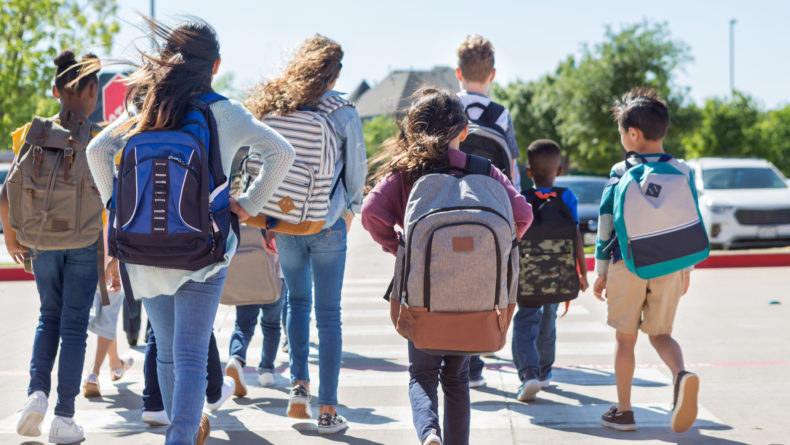
Founded in 1949, Nishimachi has been renowned for its innovative achievements in international education in Japan for over seventy years. The language of instruction is English and all students study Japanese language and culture daily.
Working with dedicated faculty and staff, students benefit from the school’s rigorous curriculum, close-knit community, and engagement with a vibrant local culture. Students leave Nishimachi fully prepared to continue their studies in first-class educational institutions around the world.
As part of a community of learners, learners are encouraged to take responsibility for their learning, make meaningful connections with others, pursue challenges and persevere, act ethically and respectfully, and use different processes for thinking, innovation, and reflection. Nishimachi students are empowered to know, care, and act to benefit others and have a positive impact on their world.
Nishimachi believes that education should contribute to the all-around development of people through the development of their intellectual, creative, personal, social, and physical abilities. The school strives to educate students of all nationalities in international and independent thinkers. Nishimachi’s educational philosophy is based on a spirit of internationalism and humanism, which allows children to learn in a supportive and nurturing environment.
They believe that learning a second language is not limited to language skills, but also develops an international vision and understanding, giving their students the opportunity to grow beyond a single culture.
They also believe that classroom and extracurricular activities should foster sensitivity and respect for individual talents and differences. They are sure that each student must learn to act both individually and as part of a group. The school’s ultimate goal is for every student of Nishimachi to learn to live harmoniously in world society and contribute to it.
K International School
K. International School Tokyo provides academically motivated children from diverse cultural and social backgrounds with high quality education in a safe and supportive environment to nurture competent, academic and responsive people who make a significant contribution to their global community.
K. Tokyo International School (KIST) is a private, non-denominational, coeducational day school serving the international Tokyo community from kindergarten to grade 12.
Tokyo and the second school in Japan are fully authorized to offer the full IB continuum: Primary School Program (PYP), Secondary Education Program (MYP), and Diploma Program (DP). KIST is accredited by the Council of International Schools and recognized as an educational foundation by the Tokyo Metropolitan Government. KIST is authorized by Edexcel to provide the IGCSE curriculum. English is the language of instruction at all levels.
As an international school, KIST welcomes internationally-minded students, regardless of race, national or ethnic origin, religion, gender, or socioeconomic background, who demonstrate commitment to the mission and guiding beliefs.
To promote diversity, they maintain a balance of nationalities at every level of education as well as in individual classes. They also ensure the diversity of nationalities and language groups, while at the same time they do not compromise the position of English as a language of instruction.


